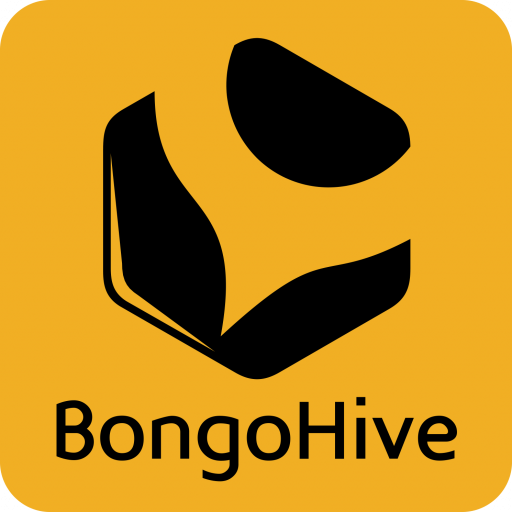
 The Global Design for UNICEF Challenge is launching at BongoHive in Zambia in October 2014, along with universities in five other countries around the world. The Challenge is an academic design competition coming out of the UNICEF Innovation Unit that engages students in local problem solving and global collaboration around pressing global problems. The topic is Connectivity – How might we improve access to information, opportunity, and choice for the most marginalized people in the world?
The Global Design for UNICEF Challenge is launching at BongoHive in Zambia in October 2014, along with universities in five other countries around the world. The Challenge is an academic design competition coming out of the UNICEF Innovation Unit that engages students in local problem solving and global collaboration around pressing global problems. The topic is Connectivity – How might we improve access to information, opportunity, and choice for the most marginalized people in the world?
It is part of a portfolio of UNICEF programs – including the First72Hours Challenge – looking at the potential for large open challenges to drive scalable, local innovation. Students become part of an international network of problem-solvers working with UNICEF to develop solutions that have far-reaching impact.
How does it work?
The competition takes place on a dedicated online platform, www.unicefchallenge.com
During four stages of project development and evaluation, teams are guided by UNICEF colleagues and mentors to apply key principles and tools of the user-centered design process to their projects. The winning teams have the opportunity to work more closely with UNICEF and its network of partners to incubate and test their project.
Why Connectivity?
More than two billion people in today’s world live in underserved and resource-constrained areas. In these low-infrastructure, limited hardware, and low-connectivity contexts, people are left out of global conversations and decisions that shape their everyday realities. The Challenge is seeking diverse and interdisciplinary approaches that connect the underconnected, from ideas that strengthen social spaces and dynamics to strategies for improving communication infrastructure and beyond.
How do people get involved?
There are three ways to get involved in the Challenge.
- Youth aged 16 – 29 years can build a team and design a project!
- University faculty members and UNICEF colleagues can join as mentors to support projects in their fields of expertise
- Members of the general public interested in UNICEF’s work can join the conversation by commenting and voting on the projects they think are best.
DEADLINE: 24 November 2014
Join now at www.unicefchallenge.com
 BongoHive
BongoHive